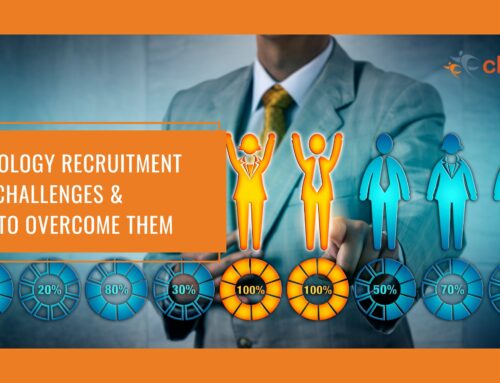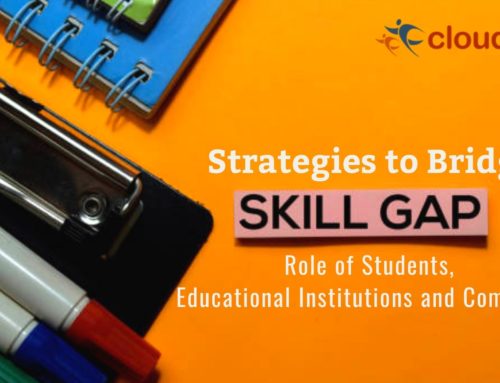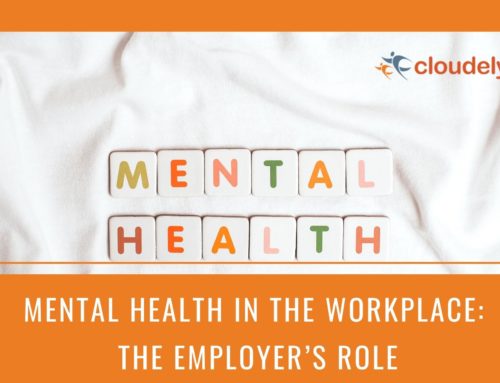Employees are the backbone of any organization. Like the proverbial bad apple, a bad hire can spoil the organizational culture. The cost of a bad hire goes beyond just monetary aspects. Like Greg Brockman, Stripe CTO said – “Hiring bad eggs can impact your ability to hire top talent in the future”. And this is true in many ways. The impact of a bad hire for your organization can last much longer than you could imagine.
Table of Contents
Defining a “bad hire”
Some of the qualities that may raise a red alert if a hire is bad are as below:
- Lack of enthusiasm, commitment, and responsibility towards the assigned role
- Constantly neglecting to stay productive during office hours
- Displaying negative attitude and passing demotivating comments about other employees and the organization
- Cannot meet the minimum standards that are expected from the hire
- Failure to apply skills that they displayed strongly in the interview or resume
- Does not have the attitude and personality as expected for the role
- Constant complaints or poor feedback from customers
Why does bad hiring happen?
Businesses need people for continuity of operations. And hence, hiring is a continual process in any organization. At times, it can be challenging to identify a good employee during the interview process.
Hiring can be a time-bound strategy which puts intense pressure on HRs and recruitment teams in filling the role as soon as possible. This may not leave enough time for HRs to assess the candidate, thus resulting in a bad hire.
Candidates, too, can resort to any extent to deceive the interviewers and mask their negative traits during the interview. Their real mindset may become public only after they take charge of their roles.
Cost of a bad hire
Bad hires can cost the company in many ways:
- The U.S Department of Labor mentions that every bad hire can cost 30% of their first year’s CTC. For instance, if the bad hire’s pay is $1,00,000, then the cost of bad hire would be $1,30,000. Imagine the cost of bad hires made in an experienced and high-pay role!
- Besides, the cost of a bad hire varies with the role and the company. Several studies have been done on the same, and the results seem to concur that the cost of a bad hire depends on the stage and size of the company – start-ups, established firms, small and mid-sized firms, etc.
- For instance, as per Jörgen Sundberg, CEO of Link Humans, the cost of hiring and onboarding new employees at $240,000.
If you have had this experience of making a bad hire, remember that you are not alone. According to Career Builder statistics, three-fourth of hiring executives and managers agreed that they made bad hires.
What adds to the cost of a bad hire?
Recruitment cost: Right from making a job posting, screening, conducting interviews, testing, and finalizing the candidates, the cost of recruitment is often hefty for every role.
- According to Deloitte, the average cost to fill an open position is almost $4,000.
- DevSkiller mentions that the time in choosing a candidate is 25 days on average.
Thus, both the time wasted and the amount spent on a bad hire is not trivial to ignore.
Onboarding cost: For every employee, on average, companies spend $400 for onboarding (this is without the recruiting cost), as per HROnboard. This involves the first-day lunch, physical equipment cost, time spent by HRs and Managers in welcoming the hire.
Training Cost: According to Training Magazine’s 2020 Training Industry Report, the average company in the U.S. spent $1,111 per employee this year on training costs in 2020. However, the number of hours spent is more on training due to the virtual training methods.
Intangible cost of a bad hire
On the other hand, it is not only money that is lost due to a bad hire. There are many intangible costs that a company has to bear as the cost of a bad hire.
Time spent by managers in supervising bad hires: Bad hires with insufficient skills may demand many iterations and completion time. Such employees also need constant supervision, frequent meetings to resolve issues, thus consuming more managerial time. All such aspects could result in the missing of deadlines and hampers team spirit and goals. According to Insiders Fortune, 34 percent of CFOs accepted that bad hires cost more in terms of manager’s time.
Lost customers: Bad hires do not display the enthusiasm to serve your customers. They tend to overlook details and make mistakes too often, which could leave your clients annoyed. This can result in an irreparable impact on companies struggling to establish their presence in the market and attract clients.
Unforeseen situations: Bad hires can spread their contagious negative attitude that can inflict a company in unforeseen ways. Imagine such bad hires resorting to sexual harassment, leaking confidential data, or passing racial discrimination comments. Such situations can cause more than reputation damage and consume time in gaining back the lost reputation.
Impaired workplace culture: Bad hires neglect their responsibilities; ultimately, the burden falls on the productive employees. Likewise, they tend to spread rumors and gossips that might hamper the reputation or cause grave repercussions to fellow employees. Such disturbances might demotivate the morale of productive employees. Ultimately, management might need to invest more time to repair such impaired work culture and restore the normal.
How to prevent bad hires?
Considering the cost of a bad hire, it is apparent that the recruiters have to make the right hire the first time. Another challenging factor now recruiters face is virtual and remote hiring. It further creates obstacles in assessing the candidates and making the final decision.
Here are some ways to prevent bad hires from happening in the first place:
Leverage virtual interview tools based on artificial intelligence: Such tools can identify anomalies in candidate behavior and help you assess their personality effectively.
Test soft skills: Make use of soft skill assessment tests and tools. They are designed strategically that their results help in analyzing the right fit for the role you are hiring.
Think beyond the scarcity mindset: Hiring is a time-bound task. However, let not your deadlines push you in making the bad hire. Keep in mind that the cost that the company has to pay at the end will be more than the time lost due to the delay in finding the right candidate.
Throw clarity in skill requirements: Indicate in the job description the level of technical expertise you are expecting from the employee. While technical skills might be trained, it is wise to choose a candidate with a solid base in the skill so that they can effectively learn and utilize the company training.
Be transparent in the job description: Mention strings such as scope for travel or working on weekends in the job description. Otherwise, such factors might create employee dissatisfaction and bring out their negative side under the worst circumstances.
Give priority to employee references: Candidates known to the current and proven employees will have a positive understanding of the company. Hence, prioritize employee referrals, especially from talented and proven candidates in your organization.
When in doubt, prefer contractual candidates: Hire candidates on contract if you are too time-bound to assess them correctly or in urgent need to fill the role. You can be on the safe side by adding the clause “with chances of extension after certain mentioned period of contract depending on the performance and work needs.” It is a win-win in terms of both cost and minimizing the after-math that a bad hire could otherwise create.
If you think hiring a professional is costly, wait until you hire an amateur.
Let Us Help You Hire the Right Employees
Businesses cannot afford to lose their work culture or clients due to bad hires. Especially in fields like Technology and Healthcare where there is already a crunch of talent, making a bad hire means burning down your dollars along with the number of productive hours of the staff involved.
You can cut down the costs of hiring right from making the job advert to interviewing and onboarding when you choose a trusted hiring partner like us. Because this is where we excel. We have experience-driven teams to identify the right hire that suits our business as well as workplace culture.
In the times we are in, we understand how challenging remote hiring can be. We have the right technology to vet the candidates and assure you that they meet your needs just the way you wish.
Here’s where and how we can be of help to you:
- Provide technology professionals who can solve your business challenges.
- Cut down costs of hiring (read, plus the cost of a bad hire!)
- Speed up the hiring time
- Start-ups that cannot afford to take the risk of bad hires
- Effectively scale your workforce with absolutely no hassles as your business grows
- First timer to outsourcing staffing and have concerns about how it works!
Time spent on recruiting is time well spent.
Want to make a good hire faster? Reach us at hello@cloudely.com. Don’t forget to connect with us on Facebook, LinkedIn, and Twitter.






